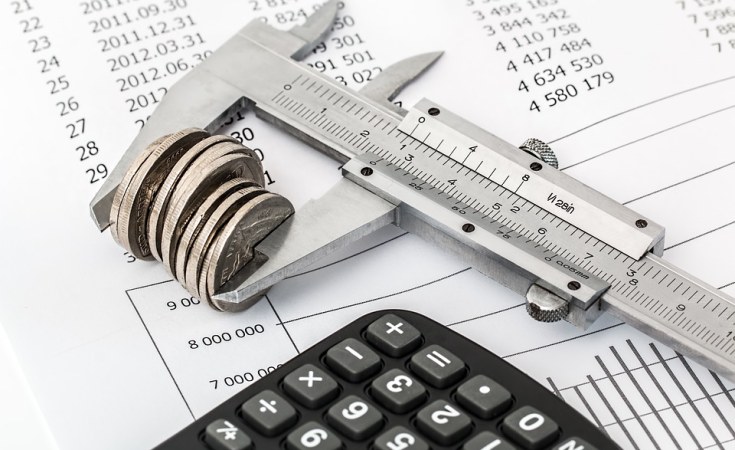Mr Edun said the best way Nigeria could fund its budget was to spend more money on infrastructure to generate more revenue.
The Minister of Finance and Coordinating Minister of the Economy, Wale Edun, says Nigeria cannot rely on borrowing to fund the 2024 budget.
Mr Edun stated this on Thursday when he appeared before the joint Senate Committee on the 2024-2026 Medium Term Expenditure Framework (MTEF) and Fiscal Strategy Paper (FSP) in Abuja.
He stated that the best way Nigeria could fund its budget was to spend more money on infrastructure to generate more revenue.
"Clearly the environment that we have now, internationally as well as nationally, we are in no position to rely on borrowing.
"We have an existing borrowing profile. Our direction of tariff is to reduce the quantum of borrowing or intercept deficit financing in the 2024 budget.
"Simply put, internationally, there is focus among rich countries on bringing down the inflation rate to stabilise the economies and give them opportunity for investment growth.
"They are in the process, sacrificing that immediate goal for compacting their economies or at least contracting the money supplies and pushing up the interest rates and of course high interest rates and investments don't go together," he said.
Mr Edun added, "What is left for us to access those funds are expensive so it is the last thing that we must rely on.
"As we know, we have all the figures and debt servicing and cushioning 98 per cent of government revenue.
"The last thing you can think of is to pile up more debts. Government needs to not just maintain its activity, it needs to spend more.
"If you look at government spending, if you look at the budget as a percentage of GDP, ours is one of the lowest being 10 per cent, even Ghana is at 25 per cent, rich ones they are 50 per cent."
"The very rich countries have to be most advanced in terms of social safety nets and its social security system at 70 per cent of GDP. Government spending definitely will lead to increase in revenues
"The number one source of revenue especially in short term, even in the medium term is all revenue," the minister said.
The Chairman of the committee, Sani Musa, expressed the fear that the revenue projections of government Ministries, Departments and Agencies that had so far appeared before the MTEF-FSP panel were lower that the federal government projections for 2024.
Debt profile
In September, the Debt Management Office (DMO) put Nigeria's total debt at N87.38 trillion, recording an increase of 75.29 per cent.
The debt figure represents a N37.53 increase in total debt compared to the N49.85 trillion reported at the end of the first quarter of this year.
DMO said the increase was informed by the N23.71 trillion ways and means advances the federal government obtained from the Central Bank of Nigeria.
Since it assumed office in May, the Bola Tinubu administration has sought the approval of the National Assembly to obtain some loans.
The president, on 1 November, sought the nod of the legislature to go ahead with the processing of a loan facility of $7,86 billion and €100 million requested during the administration of former President Muhammadu Buhari under the 2022 - 2024 external borrowing plan.
Mr Tinubu said if the request was granted, the loan would be used to develop infrastructure, agriculture, health, education, water supply, security and employment as well as financial management reforms.
The National Assembly had in July approved Mr Tinubu's request to borrow $800 million from the World Bank to help cushion the effect of high fuel prices after the removal of subsidy on petrol.
The loan was earlier approved by the Buhari administration to expand the National Social Safety Net Programme.


